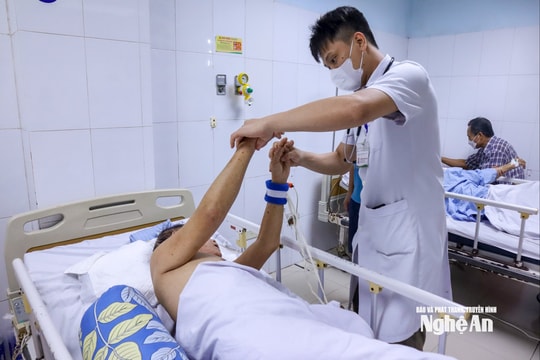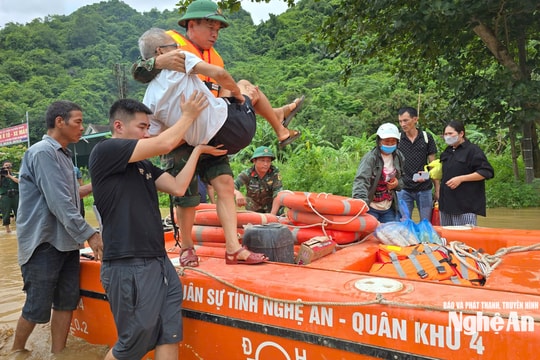360 hotlines in hospitals are not working.
(Baonghean)-The story of more than 360 hotlines in hospitals not working, recently announced by the Ministry of Health, is attracting public attention.
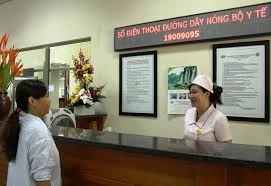 |
| Illustration |
In principle, hotlines are used in emergency situations; communication is always smooth, regardless of day or night, weekdays or holidays; information is always received and processed immediately or transferred to the authorities for the fastest resolution. The opening of hotlines often comes from the needs of social managers and policy beneficiaries. Through hotlines, authorities know about unusual things happening somewhere to have timely intervention and handling measures, helping to prevent and minimize damage.
Information from the hotline also helps authorities quickly resolve the concerns of citizens or customers about the problems in the system of providing public services and utilities to society. If the utility service is essential such as electricity, water, health care, communication, etc., the hotline will have the most positive effect. The management and service and utility supply systems benefit the most from the hotlines they set up, so more than anyone else, the heads of these systems must pay attention to taking care of and perfecting the hotlines so that the hotlines operate most effectively.
Therefore, many people were really shocked to hear that after only 3 days of surprise inspection, the Ministry of Health announced that more than 360 hotline numbers were not working. Of which, 304 phone numbers were called 3 times by staff but no one answered, refusing to answer; 21 phone numbers were reported by the system as "non-existent"; 40 phone numbers were completely turned off during calls and 1 phone number was reported by the system as "temporarily disconnected". People could not help but wonder: What were those hotlines for? When did they become cold? Especially when those hotline numbers became cold right in provincial hospitals and a series of central specialized hospitals.
Let's do a simple calculation: if a hotline receives a few complaints in a day, then with the 360 cold phone numbers announced by the Ministry of Health, hospitals have missed hundreds of opportunities to demonstrate their responsibility to people's lives.
From the story of the “cooling off” of the “hotlines” of the health sector, people hope that similar inspections will be carried out in many other ministries, sectors, agencies and units. Because there have been many hotlines set up to receive information about handling administrative procedures, licensing, crime prevention, smuggling, counterfeit goods, food safety, environment, tourism... but who knows exactly whether these “hotlines” are really hot!
To prevent the "hotline" from becoming "cold", every officer and employee working in administrative agencies, public service agencies, and units providing services to citizens, regardless of their position, must understand that: The hotline is not set up as a decoration, and even less so to please someone!
Van Thieng

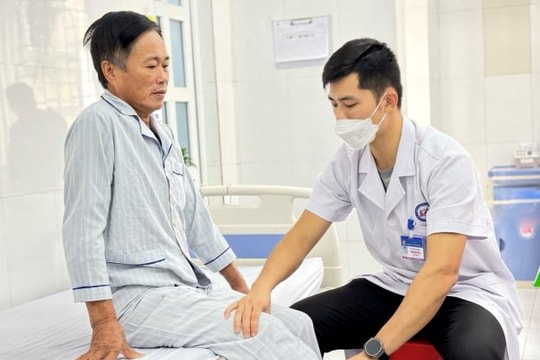

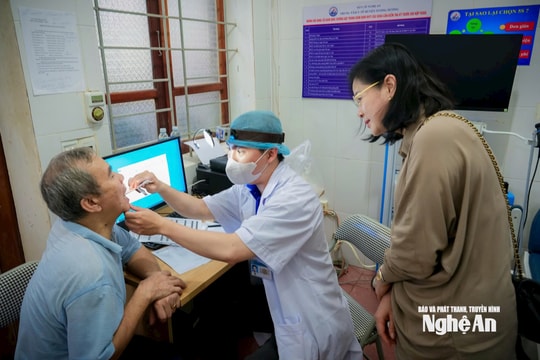
.jpg)
